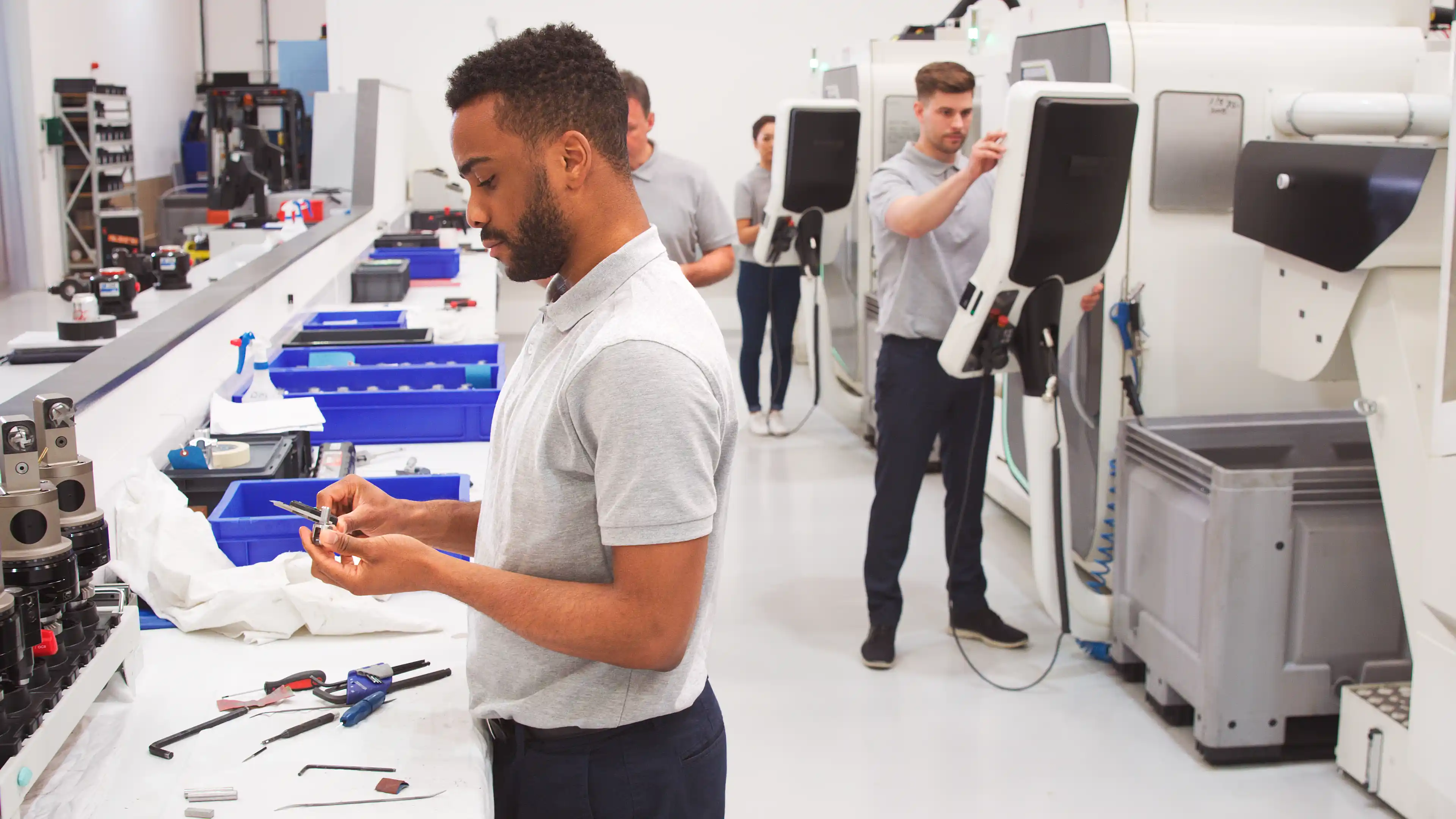
Labour market insights: South West England and space engineering
Date
22/01/2024
Category
Insights , News
We’re kicking off the new year by looking at the aerospace and space engineering sector in South West England, the closure of Virgin Orbit, and what the region’s industry must do to innovate and scale. You can read our full analysis in The Engineer – the link to the online article is at the bottom of this post.
A history of aerospace engineering
South West England is home to more than 250 space-related organisations, making it one of the UK’s biggest regions for the sector. Space engineering is an important part of the local economy; since 2019, the region’s income has grown by 34%.
The sector’s presence in South West England may not come as a huge surprise, given the area’s aerospace heritage with businesses including Airbus, Boeing and GKN Aerospace all based here – such companies have already spearheaded research and development efforts in emerging fields such as hydrogen aviation.
Supporting the sector, regional universities have developed relevant niches – for example, the University of Bristol was recently ranked second in the UK for aerospace engineering and the University of the West of England excels in areas such as robotics, space propulsion and renewable energy applications for space.
In 2020, the west of England was declared one of the UK Space Agency’s seven new ‘space hubs’. In 2022, Spaceport Cornwall opened on the old site of Newquay Airport as a base for Virgin Orbit, a launch service for small satellites. However, after just one (unsuccessful) launch at the site in January 2023, Virgin Orbit declared bankruptcy. Spaceport Cornwall is now looking to partner with other launch operators.
Optimism for the future, despite challenges
Conducted after Virgin Orbit’s closure, the Space Sector Skills Survey revealed the UK sector remains optimistic about the future.
62% of the organisations surveyed had recruited in the past 12 months, only slightly down from 70% in 2020. Meanwhile, the Space West consortium – which supports all space-related businesses in the region from multinational enterprises to SMEs – received funding in February 2023 to create an expansive Space Cluster Development Programme.
But the survey did highlight key challenges ahead. 52% of organisations said they were experiencing skills gaps in their current workforce. Of those companies, 97% said the skills gaps were impacting performance and growth.
72% of the surveyed companies highlighted software and data skills as areas of concern, as well as AI and machine learning, and data analysis and modelling.
Cited reasons for these skills gaps included difficulties in recruiting; new staff not having much-needed skills; and losing existing employees.
The good news is that there are solutions. The Space Skills Alliance has produced a problem map to help understand the causes of these challenges. Enginuity’s tools – such as the Skills Comparator and Role Explorer – are designed to help UK engineering employers across all sectors fix their skills gaps.
With South West England’s space engineering sector set for rapid expansion – even after Virgin Orbit’s shuttering – companies should act swiftly to fill their skills gaps and be ready to capitalise on keen regional interest.
More news



